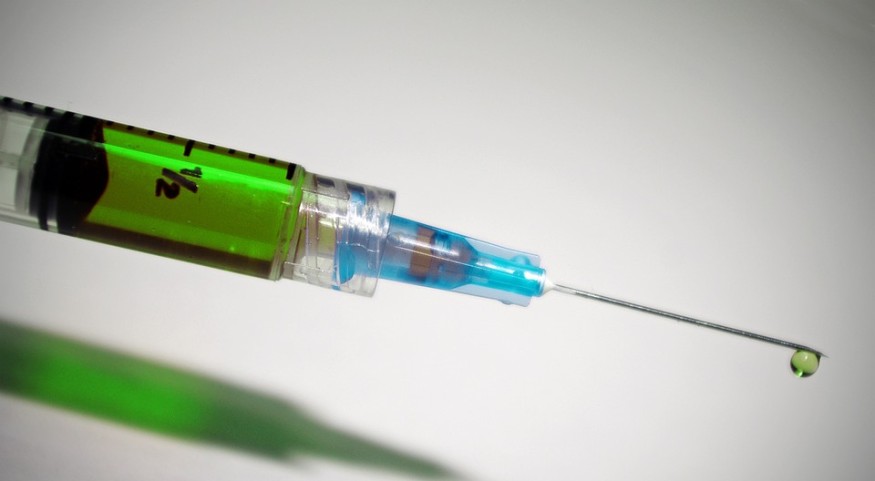
Most expecting mothers in the United States have not received two effective and powerful antibodies prescribed during pregnancy to shield themselves from influenza and whooping cough, new Centers for Disease Control and Prevention (CDC) revealed.
According to their research, two-thirds of US ladies get neither vaccinated during pregnancy—and that puts the children they're carrying at risk of catching dangerous diseases soon after birth.
Whooping cough and influenza are not lethal to most grown-ups but they kill children ages five years old and below in the United States.
Shots are not recommended for infants under six months old. However, the antibodies the mothers bring will be absorbed by the infant if they got vaccinated during pregnancy.
The study added that pregnant mothers who get this season's flu virus end up in the emergency clinic more often than other individuals with viral infections. It underscored that getting immunized is vital to the health of expecting mothers as well.
Pregnant mothers who get the shot are at a 40 percent lower danger of being hospitalized for the infection as per the CDC's report.
The report added that the mother's immunization during pregnancy protects her infant. There is a decrease of 72 percent among the newborn child's danger of hospitalization for influenza.
Seasonal influenza imposes more threat to pregnant ladies and their babies than it does to other individuals. The research noted the fear combined with confusion about the antibody might have disheartened anticipating moms from getting the immunization.
Around 20 infants passed away in the United States since 2010 because of whooping cough. What's more, 68 percent of those fatalities are in infants younger than two months old.
At that time, they would have gotten their first shot of the Tdap antibody, which ensures protection to babies. The CDC recommends that expecting moms should get the Tdap antibody somewhere between 27 and 36 weeks of pregnancy.
If the mothers do, their infants are 78% less inclined to catch influenza and whooping cough in their first two months. They are also 91 percent less likely to be hospitalized due to the said sickness.
Dr. Denise Jamieson, chairwoman of the department of gynecology and obstetrics at Emory University School of Medicine, (was not involved in the new report), told the New York Times that pregnant women are most likely to accept the Tdap vaccine.
She attributed it to the fewer misconceptions about the said vaccine since it's a newer vaccine. Dr. Jamieson said flu vaccination had been recommended in pregnancy since the 1960s, but the Tdap has only been recommended for the expecting mothers since 2012.
Meanwhile, Dr. Anne Schuchat, head deputy executive of the CDC, stressed the significance of two protective and powerful antibodies for pregnant ladies in a news report.
She underscored that every hopeful mother ought to be fully informed about prescribed vaccination as a part of their prenatal care and the dangers when these immunizations are not given during pregnancy.
Dr. Schuat urges the pregnant ladies to get vaccinated and for medical doctors to begin talking with their pregnant patients about shots to improve the chance they will secure themselves and their children.
© 2025 NatureWorldNews.com All rights reserved. Do not reproduce without permission.





